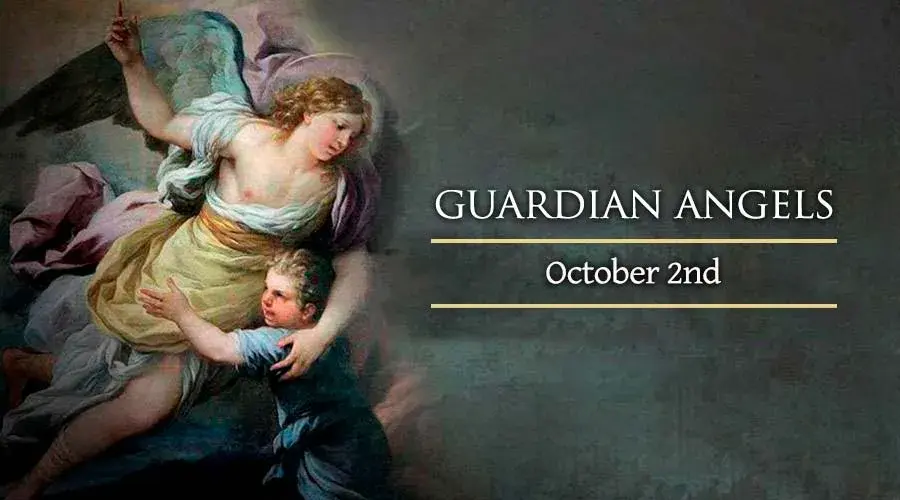The Relationship of Human and Divine
by Fr. David M. Knight

October 2, 2024
Twenty-Sixth Week of the Year
Lectionary 457/650
Memorial of the Holy Guardian Angels
Jb 9:1-12, 14-16 /Mt 18:1-5, 10
Job 9:1-16 shows “Fear of the Lord” in action. Job does not understand what is happening to him. He thinks it is unjust. He is tempted to blame God. But he says to his friends:
How can a mortal be justified before God? Should one wish to contend with him, he could not answer him once in a thousand times. God is wise in heart and mighty in strength; who has withstood him and remained unscathed?... Who can say to him, "What are you doing?”
Job goes further. He is so conscious that, compared to God, he is nothing at all, that he finds it hard to believe God would even listen to him:
Even though I were right, I could not answer him, but should rather beg for what was due me. If I appealed to him and he answered my call, I could not believe that he would hearken to my words.
Job is right. This is the stance any creature should take toward God. But we Christians find it strange. That is because we are used to praising God in the Gloria at Mass for revealing a relationship of progressive intimacy with us. He has chosen to be, not just “Lord God” in the transcendent separateness of heaven, but “heavenly King,” who has involved himself in history as Israel’s guiding ruler and ours. And, more than that, he is “almighty God and Father.”
Even more: through the Incarnation (“taking flesh”) of God the Son, he became Jesus-Emmanuel, “God with us,” a human among humans. A Teacher we can dialogue with. Now Jesus says:
I do not call you servants any longer, because the servant does not know what the master is doing; but I have called you friends, because I have made known to you everything I have heard from my Father.
Abraham and Moses both dared to negotiate with God. And Jesus’ disciples were not afraid to ask him questions. Peter even contradicted him. But we must not forget God is God. (John 15:13-15; Genesis 18:20-33; Numbers 14-20; Matthew 16:21-23)
In Luke 9:57-62 Jesus shows himself simultaneously as an impoverished human and as the Lord who can demand all. “Foxes have holes, and birds of the air have nests; but the Son of Man has nowhere to lay his head.” But at his call we must even “leave the dead to bury their own dead,” if necessary; sell all we possess; leave mother, father and family; and give up life itself. Jesus, though he was in the form of God... emptied himself, taking the form of a slave, being born in human likeness. But we must not forget that:
God also highly exalted him... so that at the name of Jesus every knee should bend, in heaven, on earth and under the earth and every tongue confess that Jesus Christ is Lord, to the glory of God the Father. (Matthew 16:24-26; 19:21; Luke 14:26-33; Philippians 2:5-11)
Intimacy includes adoration.
Initiative: Respect the difference between human and divine. Deal with both.
Reflections brought to you by the Immersed in Christ Ministry




Comments